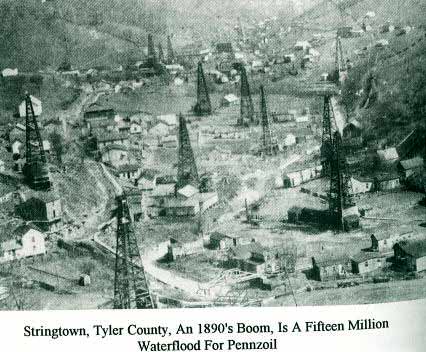|
 |
Some operators are big and own huge tracts of minerals all to themselves. If they are responsible and thinking in the long term, they will properly space the wells themselves and do not want to have to go through a government agency. If these big operators are thinking in the short term taking advantage of investors, they do not want to stop.
Where one drilling unit encompasses several mineral tracts, it often means there are different lessees/operators for each mineral tract included in the drilling unit. Which operator gets to drill the well (and get the profit of being the driller) (and decide what expenses he has to pay himself to drill the well before reimbursing the other operators)? Some operators do not want to trust other operators to drill the well properly, and handle the finances. And some just want to do it themselves, because that is how operators make their living – from the profits from drilling operating wells – and do not want to share it. So getting the operators to agree often does not work. And if just one will not agree, he can drill an offset well, so the others will not agree.
Some just don’t like change. Some would not do as well under such a regime. Some just dislike anyone telling them what to do. Some let their political philosophy override their own best interest.
An economist would call all of this an inefficient system.
We need the West Virginia Legislature needs to pass legislation that authorizes well spacing and royalty sharing for all oil and gas wells drilled in West Virginia.. Most Western State that came to oil and gas drilling later in time do have well spacing and royalty sharing.
| Go directly to intro or slide: 1 2 3 4 5 6 7 8 9 10 11 12 13 14 15 16 17 18 19 20 21 22 23 24 24a 25 26 27 28 29 30 31 32 33 |